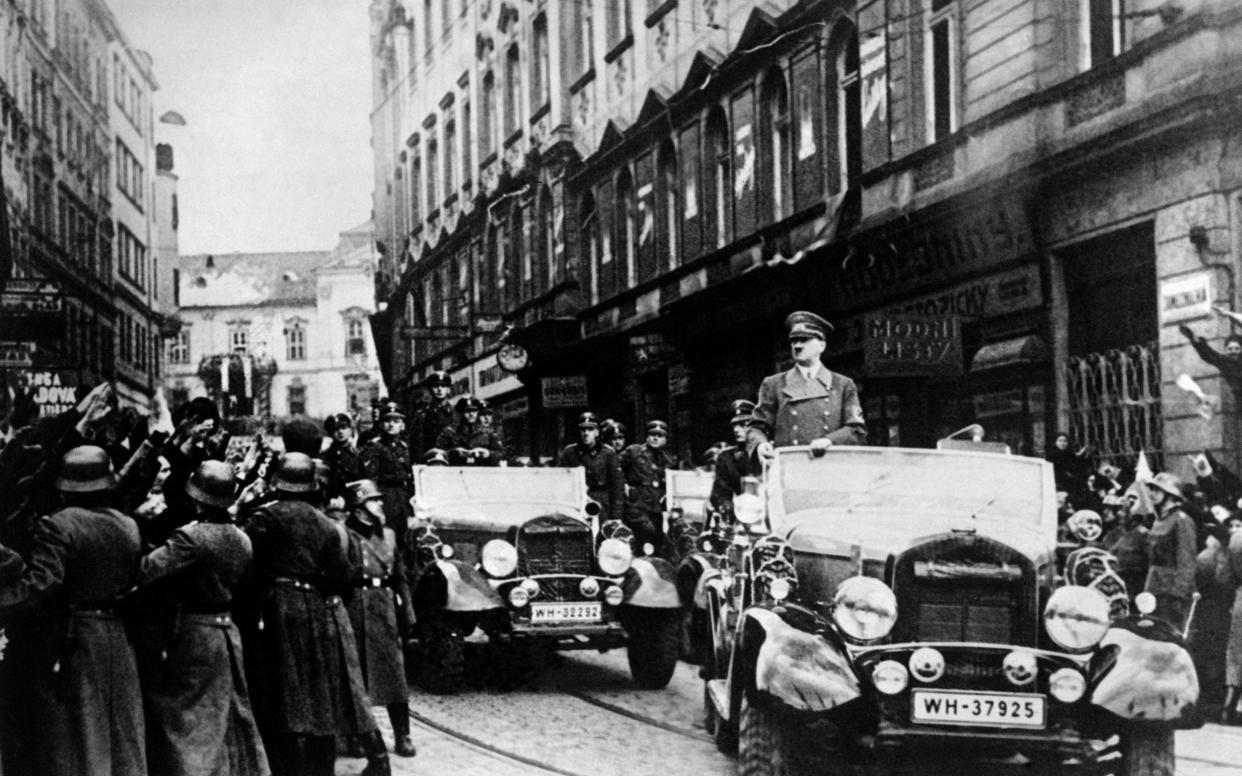Moscow angered by Prague monument to Russian army 'traitors' who helped liberate city

Russia has said it has been left “baffled” and indignant by plans from a district of the Czech capital Prague to build a memorial to a notorious Russian army that sided with the Nazis during the war.
The memorial to the men of the Russian Liberation Army will go up in the western district of Řeporyje, near the unmarked mass grave of scores of soldiers from the army, after the local council voted to erect it.
Although the soldiers of the Liberation Army, led by General Andrey Vlasov, a Soviet commander who had gone over to the Nazis, fought for the German cause on both the Eastern and Western fronts, Řeporyje council deemed them worthy of the memorial because in the dying days of the Second World War they switched sides, helping the Czech resistance liberate Prague.
But the move has prompted an angry response from Russia. Vlasov and his men are regarded as traitors who turned their backs on the motherland to fight for a regime that inflicted massive suffering on the Russian people.
In a statement the Russian embassy said the decision to put up the monument "can only elicit a feeling of deep indignation, not only with the Russian embassy... but also with the citizens of the Czech Republic and other countries that cherish the memory of a deadly fight against the greatest evil of the 20th century, which is Nazism.
"One can only be baffled that such initiatives receive support in a country that went through the horrors of Lidice and Ležáky, where the criminals wearing the same uniforms were on a rampage," the statement added, referring to two Czech villages that were razed by the Germans during the war and their populations murdered.
The reputation of Vlasov’s men, however, is somewhat ambiguous in the Czech Republic. Although people know the army was raised to support Hitler’s war, around 300 of its soldiers died in the fight for Prague with many of them falling in battles that prevented SS units using heavy weapons against the city. Their sacrifice helped prevent the Czech capital, regarded as one of Europe’s most beautiful cities, from suffering serious damage.
“We want to honour the lives of ordinary soldiers, we do not want to pay homage to Vlasov,” said David Roznetinsky, Řeporyje’s deputy mayor.

 Yahoo News
Yahoo News 
